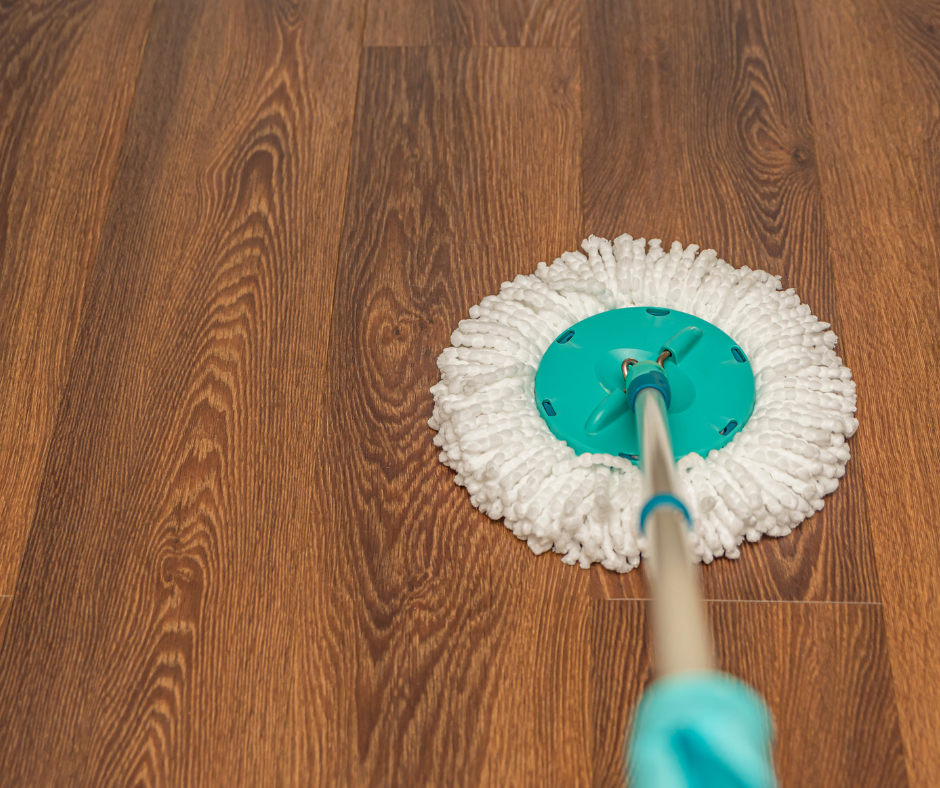Minimize Holiday Waste

From Thanksgiving to New Year’s Day, over 1 million tons of extra waste are generated in the United States! How can we reduce that number? It may take some effort on our part, but we can definitely cut back on what we use and throw away during the holidays!
Gift-Giving
-
- Besides gift cards, give presents that are about presence: a weekend getaway reservation, a year’s pass to a museum or local amusement park, memberships to spas, or concert tickets.
-
- Thrift shopping is one way to reuse items, and treasures can be found by visiting thrift stores often. Other places to shop for bargains are social media marketplace groups as well as websites that specialize in resale.
-
- Stop using store-bought gift wrap! Check out these alternatives from How Stuff Works. If you must by anything, look for inexpensive reusable tins, boxes, and gift bags. -
- If a gift you have purchased needs batteries, include a set of rechargeable batteries and charger. Rechargeable batteries are becoming more affordable, especially in the smaller battery sizes, and they keep nasty battery waste from going to our landfills.
Holiday Decorations
-
- Do not throw out a set of lights just because one-half of the strand is not working. Learn about how to check them over, as well as inexpensive tools that are made specifically for repairing lights. If they are truly burnt out, find a recycling center for them instead of sending them out with the garbage.
-
- Live trees are used in almost half of American homes, but they should not be sent to a landfill. Learn about different ways to reuse the tree, or contact a conservation group to see if they can use it for wildlife.
Getting Together
-
- Instead of disposable dinnerware, why not break out the “good” dishes?! Ask everyone to pitch in once the meal is over, and clean-up will be a breeze.
-
- Recently, many are becoming more aware of food waste. We can cut back on what we throw away by planning well for our meals and party menus and thinking creatively with leftovers. Try using the "Guest-savethefood.com.
Cutting back during the holidays goes against what our society tells us about how we should spend these next few weeks, but even little things like using unconventional gift wrapping for just three gifts can add up. This year, commit to making three changes to reduce holiday waste, and next year, add three more to your list. Consider it a gift to the environment!
Courtesy of New Castle County DE Realtor Tucker Robbins.














